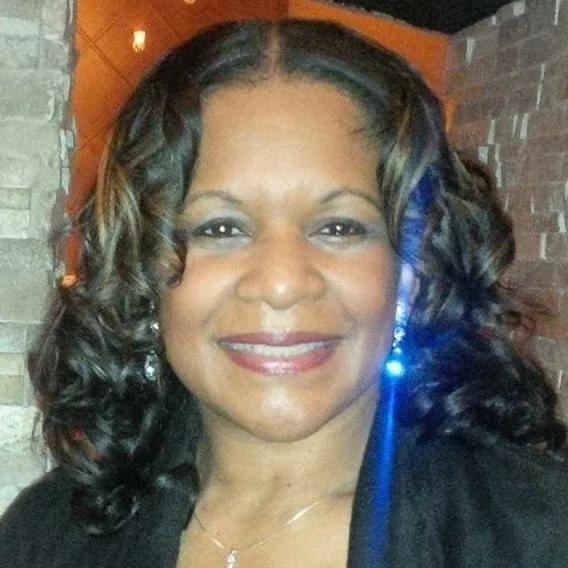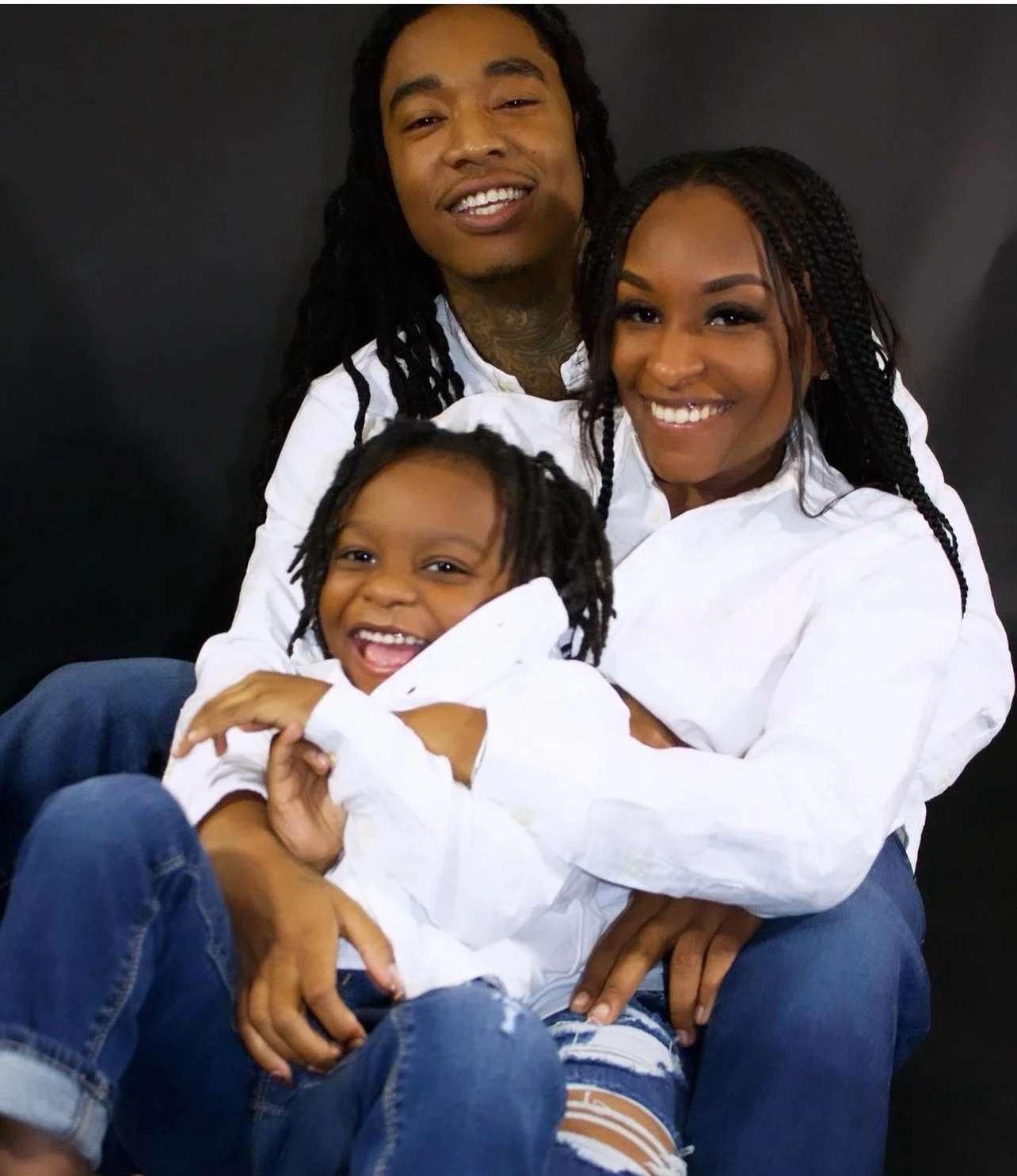Black History Today: Melba Ayco, artistic director and mentor
/The longer you serve children in a community, the smaller the world seems to become. Eventually you start to hear certain people mentioned over and over — the after-school counselors, the coaches, the neighborhood-parents. The mentors who’ve made an impact connecting with those around them. Ms. Melba Ayco is one of those people.
Read More

























